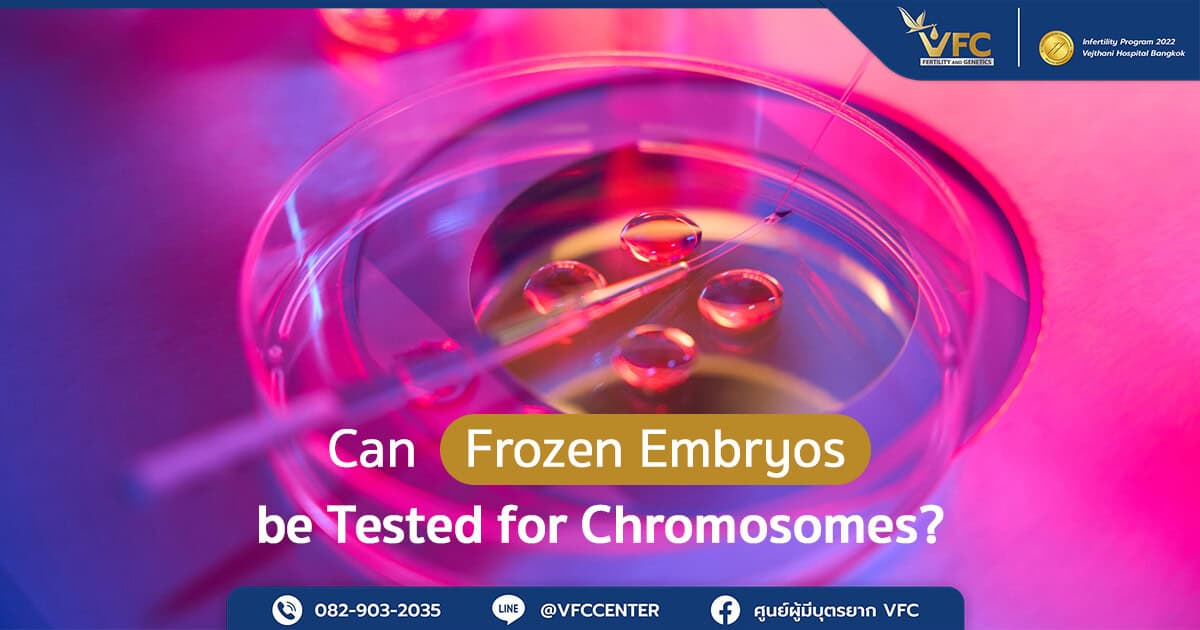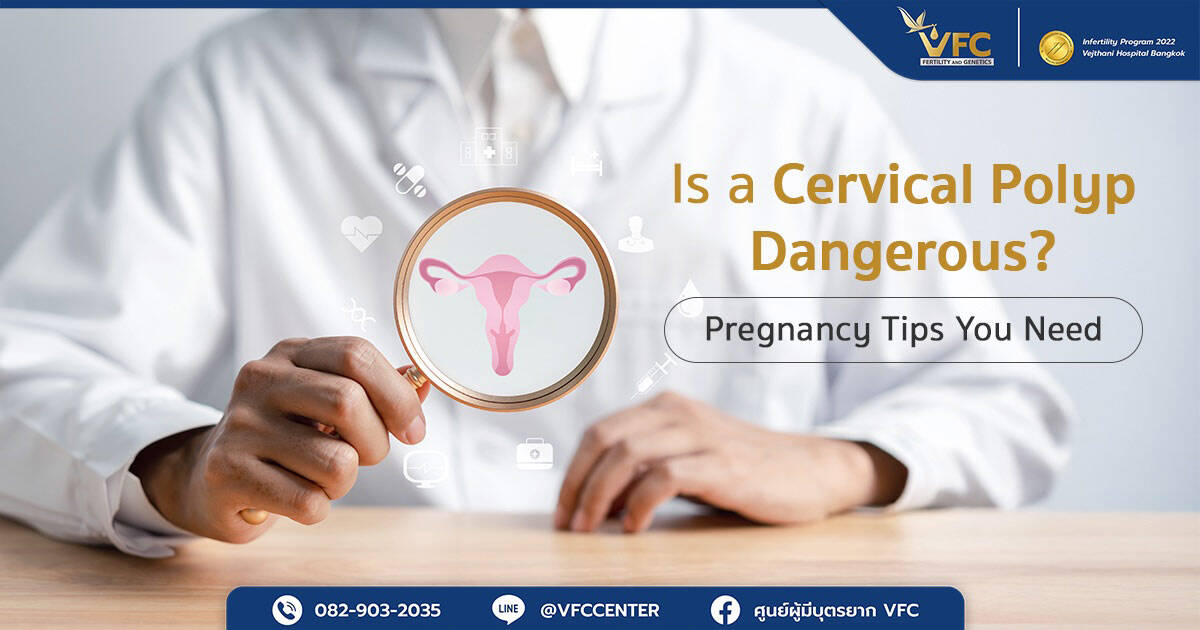Is it Safe to Do PGT-A Test After Freezing the Embryos?
Is it safe to do chromosome testing (PGT-A) after embryo freezing? Learn about the process and the benefits of genetic screening to plan your family....
Can You Transfer Embryos to a New Clinic? Key Insights
Can you transfer embryos from one clinic to another? Learn the process, requirements, embryo storage options, and key considerations....
5 Causes of Recurrent Ectopic Pregnancy and How to Prevent
Ectopic pregnancy occurs when an embryo implants outside the uterus and may recur depending on fallopian tube health and inflammation....
Pregnancy and Cervical Polyps: What You Should Know
Understanding cervical polyps and whether a cervical polyp is dangerous. Learn causes, symptoms, treatment, and fertility evaluations to improve pregnancy chances....
What Causes Haemophilia? Understanding Signs & Prevention
Learn what causes haemophilia and identify a haemophilia symptom. Discover how to reduce risks for your child through ICSI and embryo testing....
SNP-based PGT-A Enhances Embryo Chromosome Screening
SNP-based PGT-A uses NGS to detect chromosomal abnormalities, including aneuploidy and triploidy, with greater accuracy than standard testing....
What Happens After You Stop Taking Birth Control Pills
Learn how many months to get pregnant after stopping birth control pills, signs of ovulation, and when your body is ready for pregnancy....











